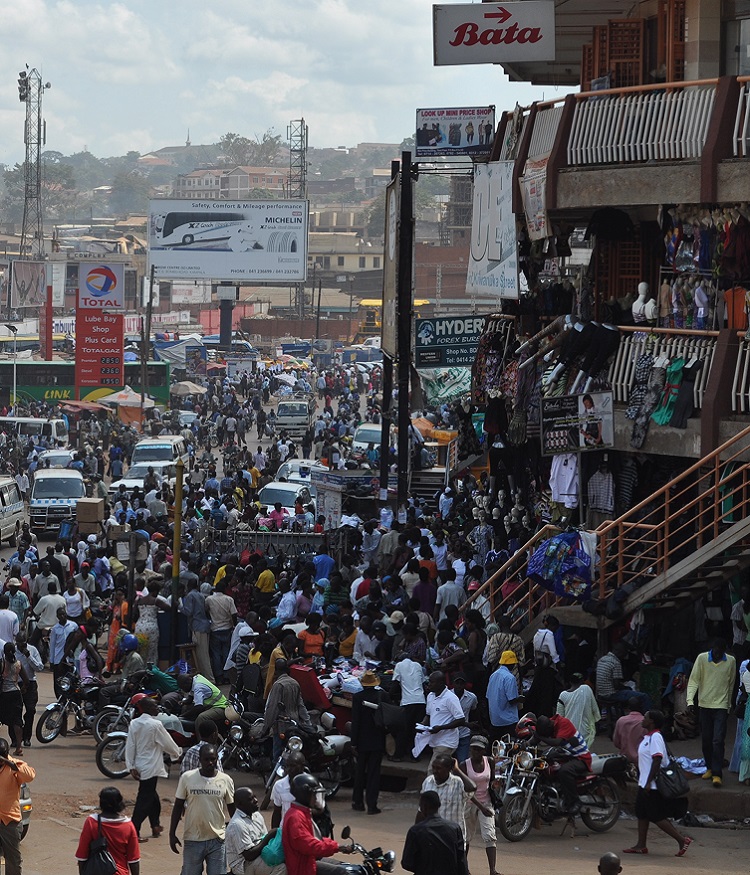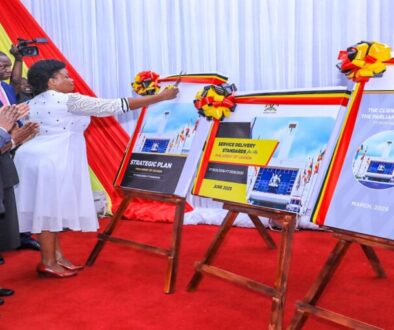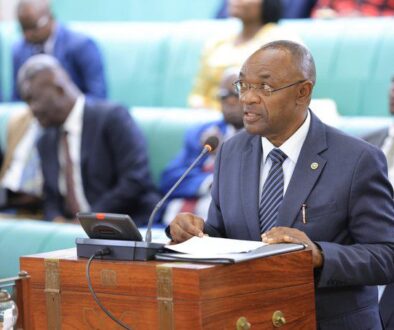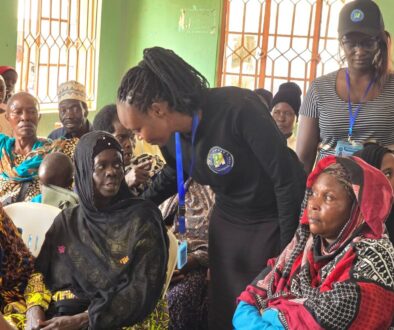Museveni KACITA meeting a hoax

By Stephen Wandera Ouma
KAMPALA – The expected meeting between President Museveni Kampala City traders on Friday to discuss their grievances on the implementation of the Uganda Revenue Authority (URA) electronic receipt system that tracks payment of Value Added Tax is a hoax.
The traders held a strike on Monday against the implementation of the Electronic Fiscal Receipting and Invoicing Solution (Efris).
They have since called off the strike as they wait for the outcome of the meeting between them and the President.
The leaders of Kampala Capital City Traders Association (Kacita) and Federation of Uganda Traders Associations (Futa) had ealier told the media that they have been invited to the meeting with President Museveni on Friday.
Mr Thaddeus Nagenda Musoke, the Kacita chairman, said they have been informally told about the meeting and they are yet to get the invitation and if it is delivered, they will attend the meeting with the President.
“The Resident City Commissioner of Kampala has informed me about the meeting with the President on Friday. We will be glad to meet and inform him about our grievances with the tax regime and the way URA is enforcing it,” Mr Nagenda said yesterday.
However, a press statement from the Presidential Press Unit (PPU), distanced President Museveni from the meeting.
“The Presidential Press Unit has noted with concern the information circulating on social media regarding His Excellency the President’s scheduled address to Kampala Traders on Friday, April 12, 2024, at Kololo Ceremonial Grounds. The PPU wishes to clarify that this information is untrue. If a meeting with Kampala Traders is indeed planned, all relevant stakeholders will be duly informed,” said Faruk Kirunda Deputy Press Secretary to H.E the President of Uganda
Earlier Mr John Kabanda, the Futa president, said they were halting the strike ahead of the meeting with the President.
“Our members are back to work to allow them to make Eid festival sales and also allow us to meet the President. The decision to go back on strike or not will be determined after the outcome of the meeting with President Museveni,” Mr Kabanda said.
Efforts to determine whether the President had agreed to meet the traders or not were futile as calls to the President’s spokesperson and his deputy went unanswered.
The traders also petitioned the Leader of Opposition in Parliament, Mr Joel Ssenyonyi, raising the same issues, which he raised in Parliament.
The Speaker of Parliament, Ms Anita Among, yesterday directed the Committee on Trade, and Committee on Finance to conduct a public hearing about the traders’ grievances and report back to Parliament on Tuesday next week.
“This must be interrogated and we must come up with a solution…there should be certainty in the collection of these taxes,” Speaker Among said.
Mr Muhamad Nsereko, the MP for Kampala Central, said the highhandedness in the collection of taxes is inconsiderate.
“There is a reason the citizens are angry with the political class that they think is inconsiderate to their sweat, desires and seem a roadblock to their quest for business success,” Mr Nsereko said.
Meanwhile, some traders in Masaka City continued to close their shops yesterday over the same issues.
The most affected areas were Horbert Street and Buddu Street and part of Elgin, which have a concentration of major wholesale businesses and agro inputs.
Other streets such as Edward, Victoria, and Masaka’s Kikuubo Lane, which have a concentration of garment dealers, businesses continued uninterrupted.
Mr Joachim Kizito, the spokesperson of Masaka City Traders Association, said the strike will go on until they get an official communication from the government.
Mr Kizito said unlike the old systems of taxation, Efris makes it a must for the trader to have digital skills yet most of them are school dropouts who are struggling to make ends meet.
About the tax system
The URA introduced Efris in 2019 to integrate their system with that of the business community to enable them to have accurate figures of sales and the taxes collected upon the transaction.
In 2022, they started with the big companies and supermarkets.
Later, they included all businesses with annual gross sales of Shs150m and above. That means a business that makes sales of Shs410,000 per day is a VAT payer.
But when they embarked on implementing Efris in Kikuubo and the city centre, the traders demanded to be educated first, which URA says it did.
Despite the sensitisation, traders say Efris isn’t good for their businesses and also accuse URA enforcement teams of enforcing it in a cruel manner that is chasing away their customers. URA officials said they have no intentions of halting Efris implementation because it has brought transparency in the tax system and led to the widening of the tax base.
Mr Ibrahim Bbossa, the URA Assistant Commissioner of Public and Corporate Affairs, said in a statement yesterday that since they implemented Efris, they have found out that traders were underreporting sales thus avoiding taxes.
“Where Efris compliance is in place, reported sales have surged by over 500 percent, leading to a proportional increase in tax contributions. This highlights the importance of transitioning towards a more transparent and accountable tax system,” he said.
Mr Bbossa said once Efris is implemented, there would be a level playing field in the tax payment and business. He added that many business people have been collecting taxes from the customers, but they have not been remitting it.


